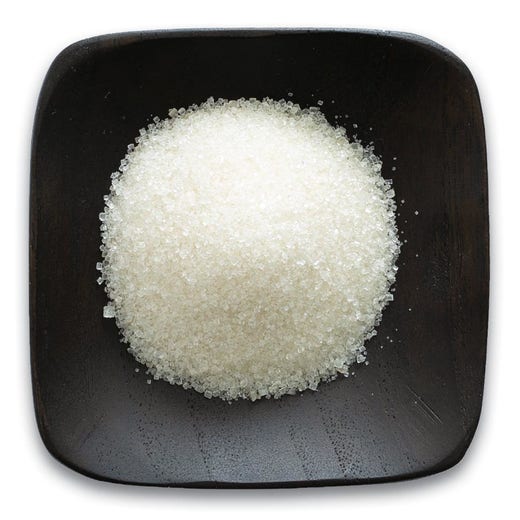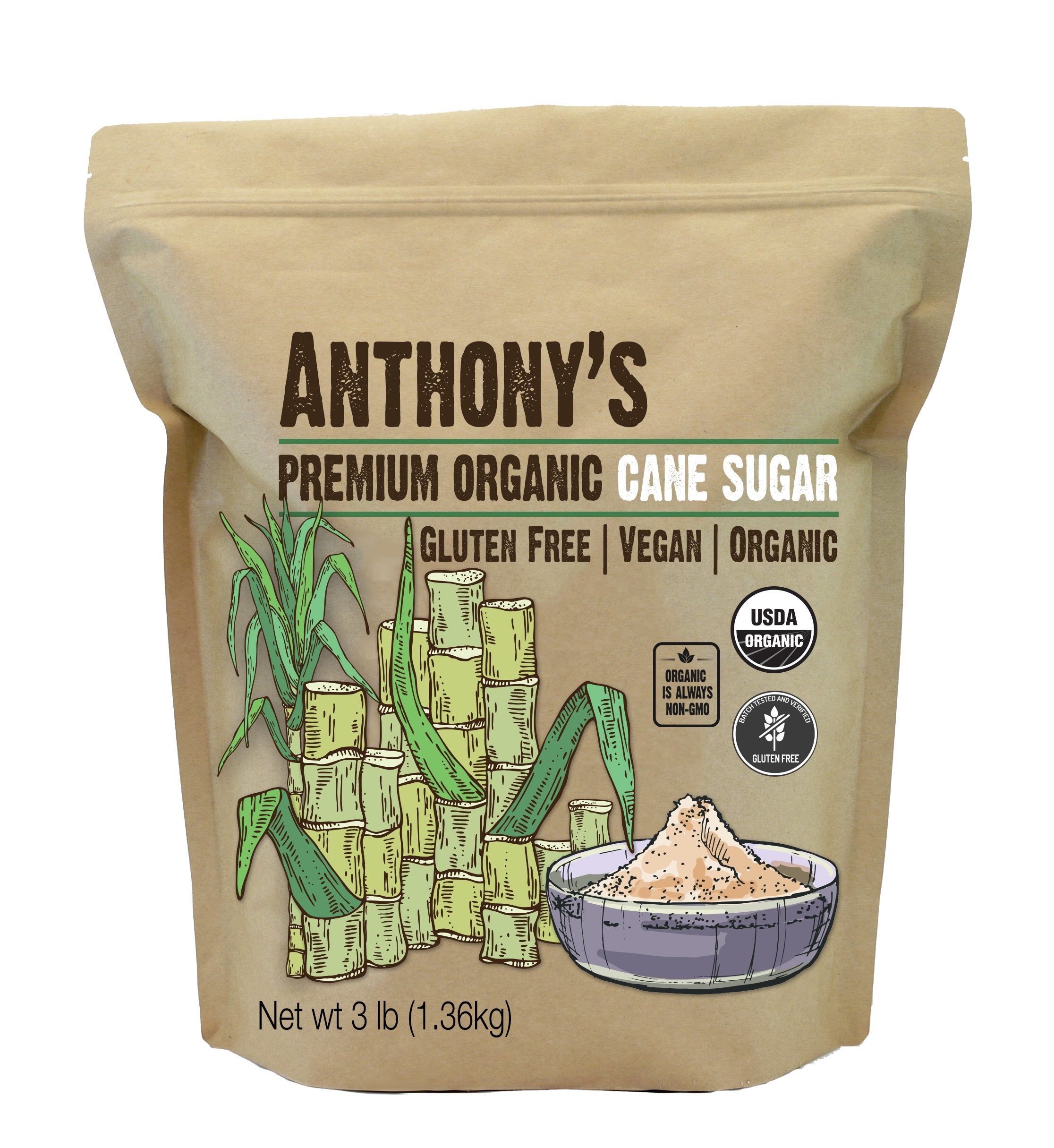Efficient Cane Sugar Processing: Maximizing Return and Pureness
Efficient Cane Sugar Processing: Maximizing Return and Pureness
Blog Article
A Comprehensive Summary of the Wellness and Economic Effects of Walking Stick Sugar Processing on Neighborhood Communities
Walking stick sugar handling plays a crucial role in forming the financial landscape of local neighborhoods, supplying job opportunity and stimulating secondary markets. Nonetheless, the wellness ramifications connected with high sugar usage can not be ignored, as they contribute to climbing prices of obesity and diabetes. This nuanced vibrant invites an important exam of just how neighborhoods can optimize economic gains while attending to journalism health obstacles they encounter. The exploration of sustainable techniques and instructional campaigns may just hold the key to reconciling these conflicting rate of interests. What methods might areas execute to attain this balance?
Economic Advantages of Walking Cane Sugar Handling
Cane sugar handling supplies considerable financial advantages that prolong past the immediate agricultural sector. The growing and processing of sugarcane create various work opportunities, from farming to manufacturing and distribution. This work generation not only supports local economies however likewise cultivates neighborhood growth by providing stable earnings resources for families.
Furthermore, the sugar industry boosts secondary businesses, including transport, tools supply, and product packaging solutions (Cane Sugar Processing). As these markets expand, they add to a much more durable economic framework, enhancing overall neighborhood durability. The export possibility of refined walking stick sugar even more amplifies financial benefits, positioning regions as affordable gamers in global markets
Investment in contemporary handling centers can result in raised productivity and effectiveness, therefore minimizing waste and maximizing resource usage. This shift not just benefits the regional economic situation however additionally supports sustainability initiatives by decreasing ecological effects.
In addition, the income produced from walking cane sugar handling can be reinvested in local infrastructure, education, and health care, promoting alternative neighborhood growth. Overall, the financial benefits of cane sugar handling are diverse, providing a foundation for enduring prosperity in farming areas.
Health Risks Connected With Sugar Consumption
Extreme sugar usage presents substantial health dangers that call for significant attention. High intake of added sugars, particularly from refined beverages and foods, has been connected to countless wellness difficulties. Among one of the most pressing worries is excessive weight, as sugary diet regimens add to a raised calorie consumption without giving vital nutrients. This extra can result in metabolic disorders, including type 2 diabetes, which has ended up being significantly prevalent in both grownups and youngsters - Cane Sugar Processing.
Additionally, high sugar consumption is related to cardiovascular disease. Raised blood sugar degrees can lead to insulin resistance, a precursor to numerous heart-related problems. Additionally, sugar can have detrimental results on dental health, causing tooth cavities and gum tissue disease, as germs in the mouth thrive on sugar, creating acids that deteriorate tooth enamel.
Moreover, arising research study suggests a prospective link between high sugar usage and mental health and wellness conditions, such as anxiety and stress and anxiety. As neighborhoods face these wellness threats, it becomes vital to advertise awareness and urge healthier nutritional options. Attending to sugar consumption is vital not only for specific health however additionally for the overall wellness of neighborhood communities, highlighting the requirement for comprehensive public health and wellness approaches.
Environmental Impacts of Sugar Manufacturing
Frequently ignored in discussions about sugar's ramifications is the considerable ecological impact of sugar manufacturing. The farming of sugarcane often necessitates comprehensive land use, resulting in deforestation, loss of biodiversity, and interruption of local environments. The conversion of woodlands and marshes right into sugar haciendas can cause environment damage, harmful countless types and modifying environmental equilibrium.
In addition, sugar manufacturing is resource-intensive, consuming substantial quantities of water for irrigation. This can bring about deficiency of local water sources, detrimentally affecting both agricultural methods and area access to clean water. Furthermore, the use of chemical plant foods and chemicals in sugarcane farming can add to dirt destruction and water air pollution, as drainage from these chemicals enters close-by rivers and lakes, influencing aquatic life and human health and wellness.
The ecological impact extends to the handling stage, where power intake and waste generation additional worsen ecological problems. Air air pollution from melting sugarcane fields, together with greenhouse gas emissions, add to environment adjustment. Therefore, the environmental effects of sugar production warrant serious consideration, advising stakeholders to embrace even more sustainable methods to mitigate these damaging impacts on local ecosystems and areas.
Task Creation and Community Development
The environmental obstacles posed by sugar manufacturing are often reversed by its capacity for financial advantages, especially in job creation and area development. The walking cane sugar sector serves as a significant resource of employment in many backwoods, providing jobs across different ability levels, from agricultural labor to handling and circulation functions. This work not only sustains individual households yet likewise contributes to the total financial vitality of regional communities.
Moreover, the facility of sugar handling centers promotes secondary services, such as transportation services, equipment supply, and maintenance suppliers. As these services grow, they produce extra tasks and bolster neighborhood economies. The profits produced from the sugar sector also leads to raised tax earnings, which can be reinvested into social work such as education and learning, infrastructure, and health care growth.
In addition, the sugar industry typically participates in area advancement initiatives, such as sustaining regional colleges and health programs, therefore boosting the lifestyle this contact form for citizens. By cultivating solid community connections and promoting financial growth, the walking stick sugar handling field plays a crucial duty in uplifting local populaces, making it a crucial element of sustainable development strategies in sugar-producing areas.
Harmonizing Health And Wellness and Economic Development
In navigating the intricacies of cane sugar handling, a crucial difficulty depends on balancing wellness factors to consider with economic development. The sugar sector significantly adds to neighborhood economic climates by creating jobs, promoting relevant industries, and raising tax revenues. However, the health effects connected with excessive sugar intake can result in persistent diseases such as weight problems, diabetes mellitus, and cardiovascular issues, which can concern public health systems and diminish workforce efficiency.

Additionally, regulative structures can play a critical duty in directing sector practices towards even more health-conscious and sustainable approaches. By cultivating collaboration in between government bodies, health and wellness companies, and the sugar industry, areas can browse the dichotomy of health and wellness and economic growth, ensuring that the benefits of walking stick sugar handling are equitably shared while focusing on public health.
Final Thought
Finally, the processing of cane sugar presents both considerable economic advantages and significant health and wellness risks for regional areas. While it cultivates work production and boosts local advancement, the affiliated wellness worries, specifically regarding weight problems and diabetes mellitus, demand a careful balancing act. By promoting responsible intake and investing in neighborhood education and sustainable techniques, it is feasible to take full advantage of economic advantages while decreasing damaging health impacts, therefore ensuring a healthier future for neighborhood populations.
Additionally, sugar can have detrimental impacts on dental health, resulting in tooth cavities and gum tissue disease, as germs in the mouth grow on sugar, producing acids that wear down tooth enamel.
Resolving sugar intake is vital not just for private wellness but likewise for the navigate here general well-being of regional neighborhoods, stressing the need for comprehensive public health methods.
Regularly ignored in discussions regarding sugar's ramifications is the considerable ecological impact of sugar production. The wellness effects connected with too much sugar intake can lead to persistent illness such as obesity, diabetes, and cardiovascular concerns, which can problem public health systems and lessen workforce performance.

Report this page